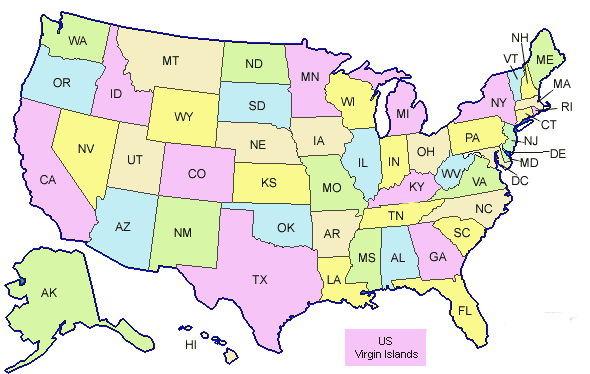Texas Financial Plans, Medicaid, IV-E, Daycare, Payments
Financial Plans
Texas permits a child in the legal custody of a Sending State to apply for and receive the following state administered assistance/benefits in Texas as the Receiving State:
- Medicaid
- TANF Child Only
- TANF–Family
- Kin-Guardianship - State
As the Sending state, the following are considered as a viable financial/medical plan when making interstate placements:
- Applying for TANF - (Family Income Based)
- Applying for TANF - Child Only
- Title IV-E Foster Care
- Title IV-E Adoption Assistance
- Sending State Adoption Assistance
- Kin-Guardianship - Fostering Connections (IV-E)
- Kin-Guardianship - State
- Medicaid
- Sending State’s Coverage for Medical Assistance
As the Receiving state, the following are considered a viable financial/medical plan when receiving interstate placements:
- Applying for TANF - (Family Income Based)
- Applying for TANF - Child Only
- Title IV-E Foster Care
- Title IV-E Adoption Assistance
- Sending State Adoption Assistance
- Kin-Guardianship - Fostering Connections (IV-E)
- Kin-Guardianship - State
- Medicaid
- Sending State’s Coverage for Medical Assistance
Medicaid/Medical Assistance Coverage, Benefits and Services
Texas will ensure medical coverage benefits and services can be received through benefits, programs and providers in the Receiving State before placing a child across state lines:
Medicaid
The receiving state is responsible for the Medicaid benefits of children eligible under Title IV-E. Otherwise, the responsibility is with the sending state (see Foster Care Payments):
Waiting Period for Medicaid Benefits
Waiting period to apply for benefit assistance:
Waiting period to receive benefits for a child who is under the legal custody/legal jurisdiction of the sending state:
State Medical Insurance/Coverage
As the Sending State, Texas will provide medical coverage if the child is NOT IV-E eligible:
As the Sending State, Texas will permit Placement Resources to apply for medical benefits in the Receiving State or use their personal insurance:
Payments Made
TANF Payments:
- May be made for children placed with Texas relatives, who meet TANF eligibility requirements. Texas does not make TANF payments for Texas children placed with out-of-state residents unless they are licensed for foster care (see Foster Care Payments for further parameters)
Adoption assistance payments begin:
- At the time the child is placed.
Foster Care Payments:
Special Education Payments:
- Other: At the option of local school districts
Daycare Payments:
Placement resource is responsible
Kinship Program
The Department of Family and Protective Services (DFPS) Kinship program became effective March 1, 2006. The Kinship Program provides financial assistance and other support services to Relatives and Other Designated Caregivers who are caring for children in the custody of DFPS as a result of abuse and neglect.
The Kinship Program provides one-time initial integration payments of $1000, per sibling group to help transition the child into the caregivers' home. Kinship provides annual reimbursements of up to $500 per year per child to cover ongoing expenses. Additionally, kinship provides support services such as day care, kinship support group training, case management, and resource and referral information to relatives and other designated caregivers (often referred to as 'fictive kin"). The financial payments assist caregivers with the child's essential needs including bedding, clothing, school supplies, and other ongoing expenses.
To qualify for the payments, the kinship caregiver must meet the following criteria:
-
Meet 300% of poverty household income guidelines (Not required for childcare)
-
Have the child residing in the kinship home upon issuance of payment
-
Must have an approved home assessment with criminal background check
-
Must sign the Kinship caregiver agreement
Title IV-E
MEDICAID - The receiving state is responsible for the Medicaid benefits of children eligible under Title IV-E. Otherwise, the responsibility is with the sending state (see Foster Care Payments):
Title IV-E documentation/verification required:
- Yes: Eligibility document from IMPACT and ICPC Financial Medical Form and Cover Memo
